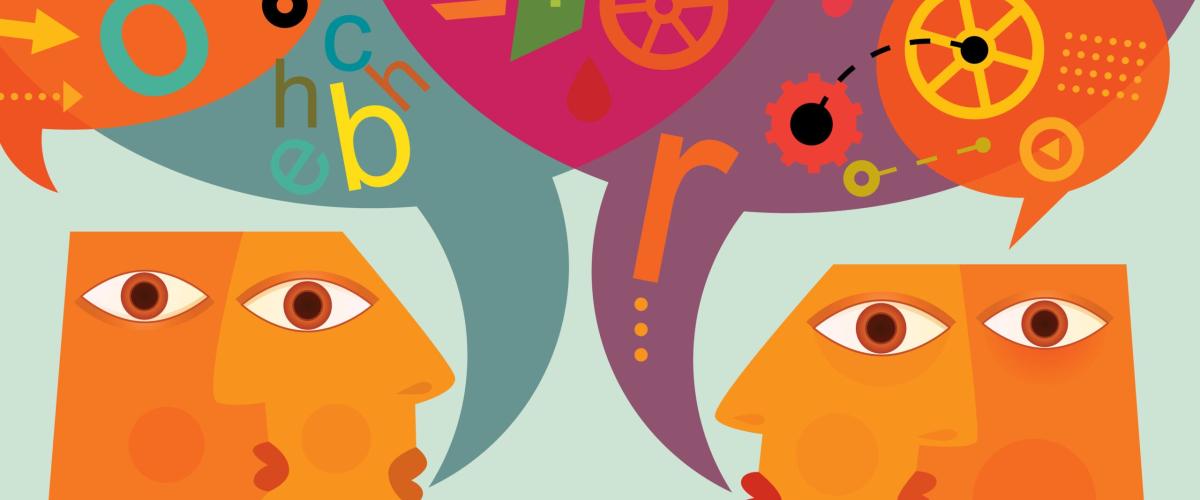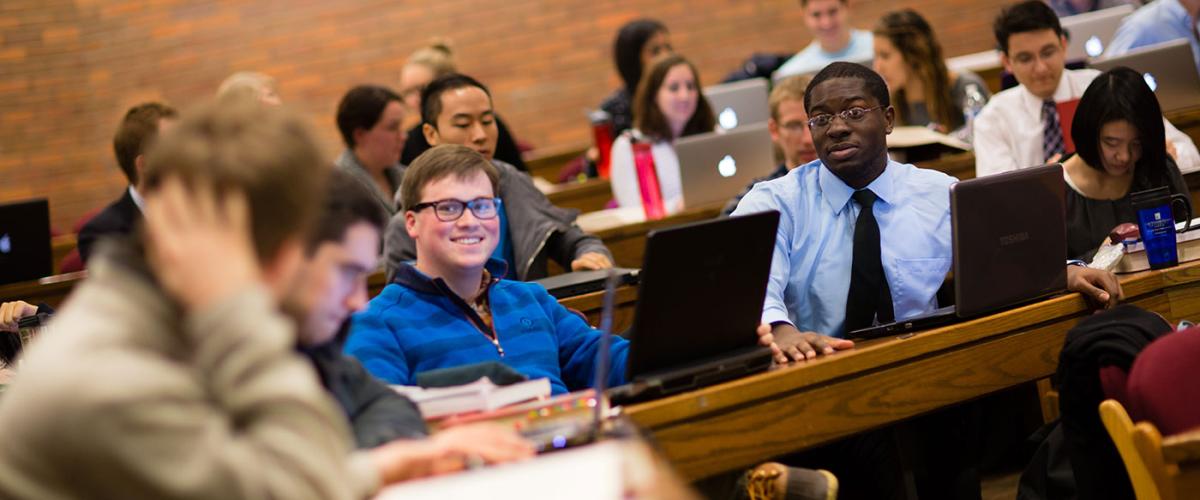Even very smart people can feel and act in not-so-smart ways. Psychology experiments suggest that human intelligence can be remarkably fragile, leading to blunders large and small. Why? Research finds that a variety of social psychological factors can suppress intelligent thought, making people significantly less intelligent than their test scores would indicate.
Joshua Aronson, associate professor of developmental, social and educational psychology at New York University, will give a presentation to explain this phenomenon Monday, Oct. 5, from 12:30 to 2 p.m. in Tinkham Veale University Center ballrooms B and C.
In his presentation, titled “Stereotypes and the Nature and Nurture of Intelligence,” Aronson will discuss implications of his research on the topic for both self-improvement and difficult social problems, such as the achievement gap between blacks and whites and the math gap between males and females.
At this lecture, students will learn scientific facts and latest research about:
- Common misconceptions about intelligence;
- Everyday situations that make people dumber and less in control;
- Interventions that raise intelligence and those that do not;
- Test scores and why sometimes lower scores indicate a better student; and
- Scientifically tested methods for making yourself, smarter—and happier and more fun to be around.




